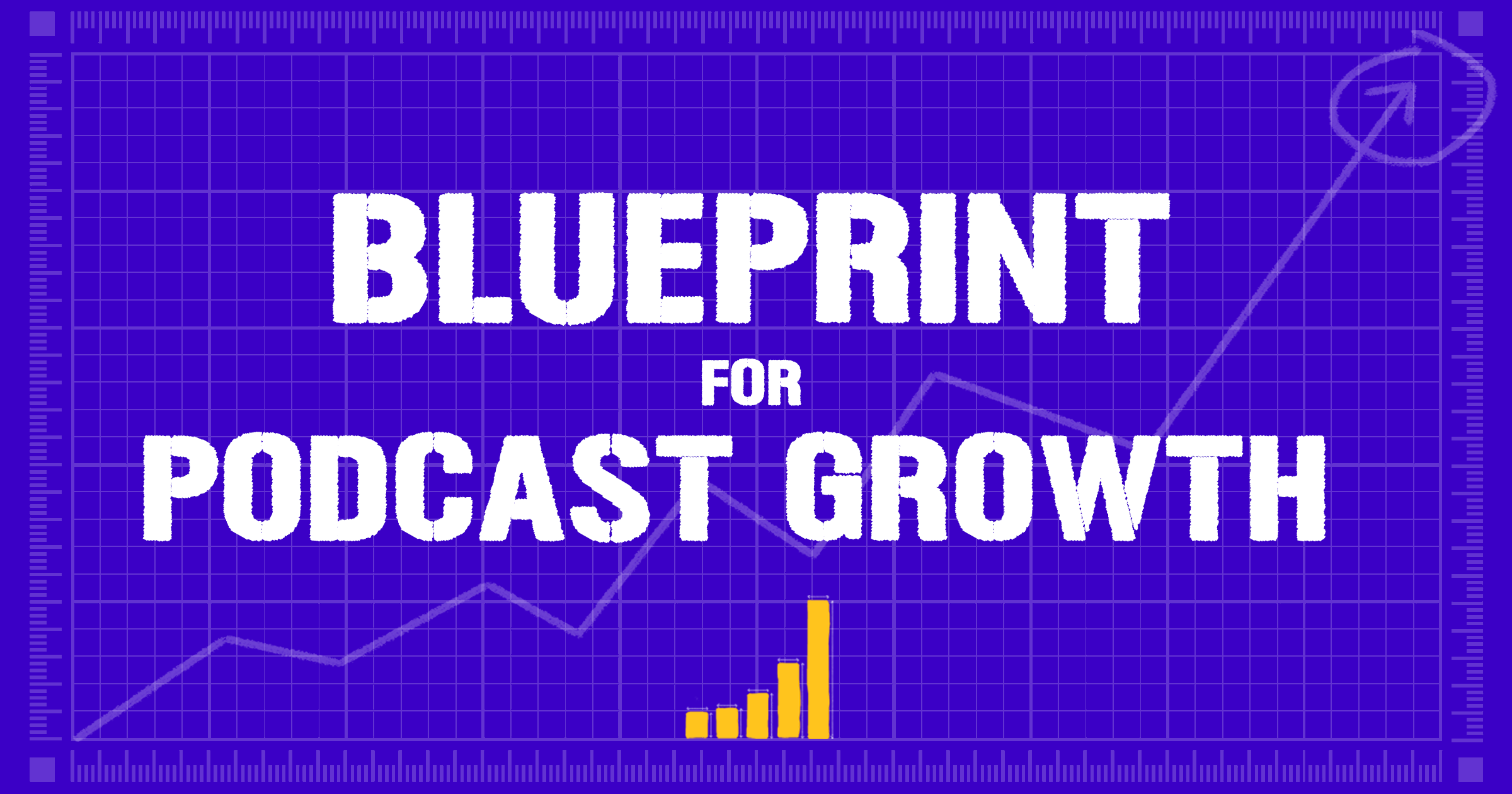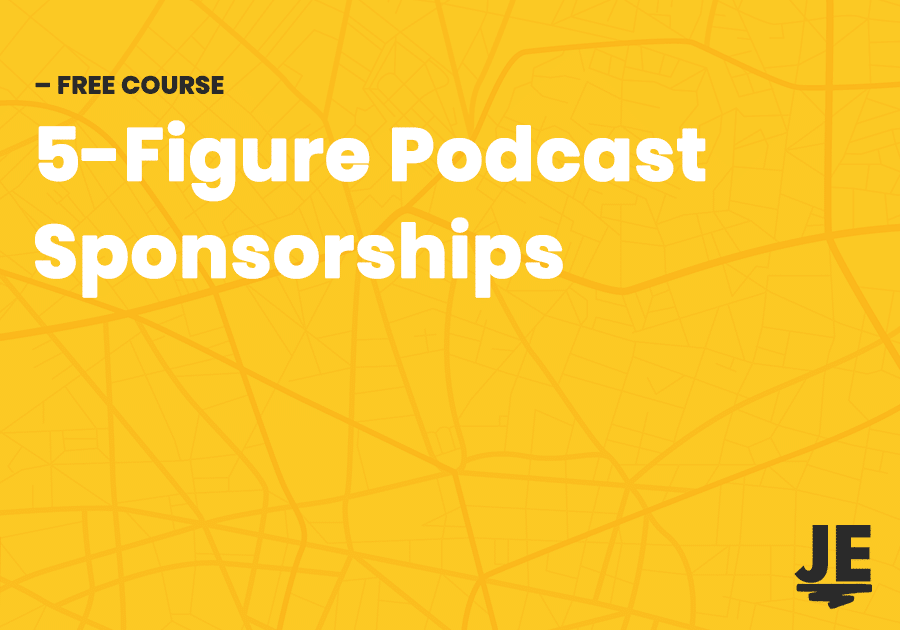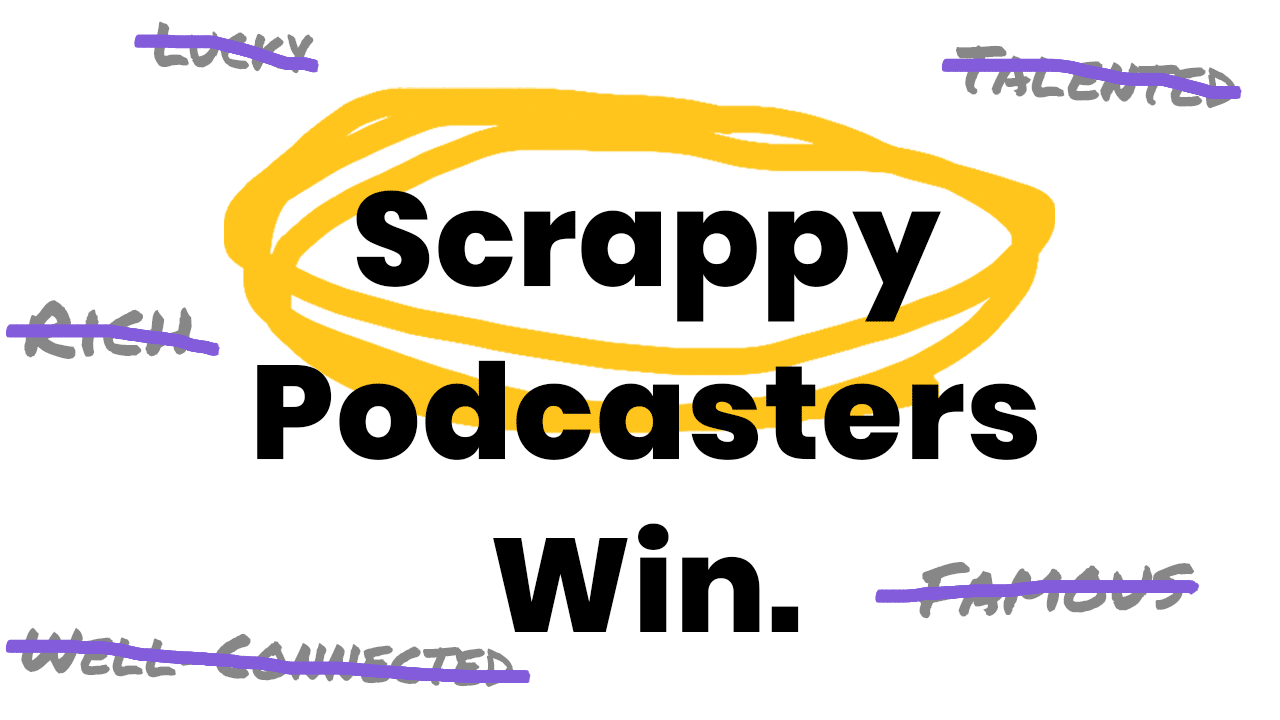Marketing has an optics problem.
When most people think about marketing, their minds are instantly filled with all the worst kinds of “marketers.”
Telemarketers, accident and injury lawyers, and any of the thousands of less than reputable internet marketers top the list.
But following only a short way behind these paragons of marketing are all of the less sleazy-but perhaps more annoying in their omnipresence-brands focused on mass-marketing us all into oblivion by bombarding us with advertising every second of our lives.
Sure, these examples are one form of marketing. But are they effective and sustainable strategies for people like us, who are trying to make a difference in the world through the work we do and make a living off of it?
We want our marketing to reflect the heart and effort we put into our products, for people to get a sense of what it must be like to work with us based on how we show up in our marketing.
For people like us, it’s time we adopt a new ideal of marketing. One that’s aligned with our values, the people we serve, and the work we create.
At its core, real, effective, repeatable marketing that works is about nothing more than building authentic relationships with our audiences.
That’s it.
It’s a simple concept, but it’s not easy to execute.
So to dive into what real marketing means and how you can start constructing a system around building deeper relationships with your audience, let’s look at the five keys to relationship-based marketing.
1. Empathy
All relationship-building needs to start with empathy for your audience.
You may already understand something about their general circumstances, where they’re trying to go, and the challenges standing in their way of getting there, you may have even lived that journey yourself.
You must always keep in mind, however, that even though you’re all on the same journey together, each of your audience members has a unique story, unique fears, unique motivations, and unique challenges.
To ensure that your messaging resonates, you must continually be digging deeper to learn more about your audience without judgment.
Only by truly understanding your audience and holding a deep empathy for who they are and where they’re at can you create the best possible solutions to their challenges, and speak to them in a way that clearly communicates to them that you get them.
Once you understand your audience, it’s time to define the journey you want them to join you on.
2. Vision
Effective marketing has forward momentum that builds continually towards a clearly defined goal.
You might initially think of the end goal as the sale, but this is not the end goal for your audience and it shouldn’t be for you either.
There’s nothing wrong with hoping that a portion of your audience ends up buying from you. But when you start focusing on winning the sale as your driving goal, you begin to lose focus on what the real purpose of all effective marketing is: Guiding your audience toward their desired outcome.
To do this, you need to take everything you know about your audience and the hurdles in their way and map out the journey to get there.
Your route to the end destination may not be the only one, but it’s your job as a marketer to say “Hey! I see where you’re trying to go and I know a way there. It might not be the best route for everyone, but for people like you, I think it is.”
Invite people along for however much of the journey they care to be along for, and while they’re with you, do everything you can to help them get to the next milestone.
In all likelihood, your product or service does not immediately solve your customer’s problem once they buy from you. It may help move them closer, but in most cases, they still have more work ahead of them.
Effective marketing recognizes this and is prepared to continue guiding customers along their journey, even after they’ve bought from you, even if you don’t have a further upsell down the road (yet).
Think about it in the context of another type of relationship.
You wouldn’t go to bed with someone and then never contact them again, and neither should your marketing.
People don’t want to feel used.
3. Initiative/Organization
One of the most important steps you can take as a marketer is to realize that most people already know what they need to do to get themselves at least most of the way to the goal they’re striving for.
The information is out there, for free, probably dozens of times over. There’s no shortage of knowledge available for those willing to tap into it.
What there is a shortage of, however, is leaders who are willing to stand up and organize a community of like-minded people who are on the same journey together.
The fact is that information alone is often not enough, especially when it comes to the really big goals we’ve set for ourselves. More than information alone, people need support, accountability, feedback, commiserators and community to help get them through The Hard Stuff on their journey.
This is not easy work. But if you’re willing to step up and organize your audience in a meaningful way, you’ll set yourself apart from everyone else in your niche and your community will start to do your marketing for you.
4. Service
Leading with a service mentality is a mindset that you’ll likely need to remind yourself of continually at the start.
There’s absolutely nothing wrong with selling your experience, your guidance, your knowledge, your products or your services that will help your audience solve their problems.
In fact, your audience will be more than happy to pay you if your work lives up to the promise it makes.
So leading with a service mentality has nothing to do with giving away your work for free. Rather it’s about making decisions about your products, marketing, and the way you run your business and create content based on what will be most helpful to your audience.
There will certainly be times when you might be faced with a decision between crafting a product or service one way that benefits you more than your audience versus another that might benefit your audience more than you.
There’s a balance to find here. You need to know your margins both financially and time-wise.
While it might benefit your audience the most in the short term if you were to offer your products and services for free, before long, you couldn’t afford to keep doing the work you do — ie. helping your audience solve their problem — and you’d have no choice but to pack it in, leaving them without the trusted guide they had relied on to that point.
No one wins in this scenario.
The important thing is to always be leading with the mindset of “What could I create that would be of most value to my audience? What is the best possible way I can help them get where they’re going?”
This mindset requires empathy, for you to see and understand your audience, and the two traits are essential for marketing that builds authentic relationships.
5. Consistency
All relationships require consistently showing up, especially in the beginning stages, and the rule is no different when it comes to your marketing.
It’s not just about showing up, however.
You need to show up consistently and authentically with empathy, vision, leadership, and service for your audience.
There’s a lot of talk in the worlds of podcasting, blogging, and social media about consistency and scheduling. Often it revolves around your audience losing interest, forgetting about you, and playing the algorithms in order to get the most reach.
These may all be valid concerns, but there’s a more important argument to be made for consistency, and it comes down to trust.
Your content and offers may be fantastic, you may show up with all the traits we’ve discussed above, but I’m convinced that by failing to be consistent with your content and interaction with your audience, you’re introducing a seed of doubt into their minds as to whether or not you can actually deliver on your bigger promises.
It’s probably not even a conscious thought for most people, but if you’ve established the expectation that you’ll release a weekly podcast and start to falter in your release schedule, is it unreasonable for your listeners to begin to question whether that same inconsistency might carry over into your paid offerings?
After all, in their minds, the paid offerings probably take a whole lot more work than a podcast to create. If their subconscious impression of you is that you don’t follow through on the “easy” things, why should they believe that you’ll come through for them on the hard ones?
Effective Marketing Isn’t Easy
In my mind, these five traits form the foundation of effective marketing for people like you and me, who believe deeply in the work we do, recognize the potential for impact our work can have, and ultimately want to be paid well and make our living doing it.
This type of marketing is not about hacks, tactics, shiny new marketing tools or quick wins.
Instead, our type of marketing takes the long view and understands that if we take the time to show up generously every day, drip by drip by drip as Seth Godin would say, we have the opportunity to find and build meaningful relationships with people who are looking to go where we’re going.
If we choose to take this approach, the patient approach, the approach that might at first glance look like the long way around, we’re committing not to creating customers — although those will come naturally — but to creating a loyal tribe of raving fans built on an authentic relationship with us.
This is the path to creating impact with our work, to building a movement, to creating something new with the knowledge that when we release it, we have an audience that is not only interested in buying it, but is impatiently waiting for us to release it.
This is the path to changing the world with your ideas and your work.
- Why Wouldn’t They Just Google It? - March 14, 2021
- Before You Can Market Your Podcast, You Need To Create A Marketable Podcast - March 11, 2021
- Podcast Promotion & Marketing Are Different (Here’s How to Use Each Effectively) - March 10, 2021




